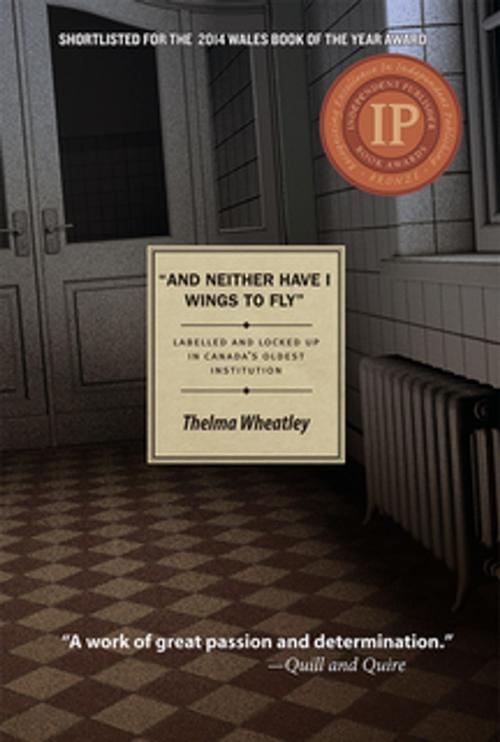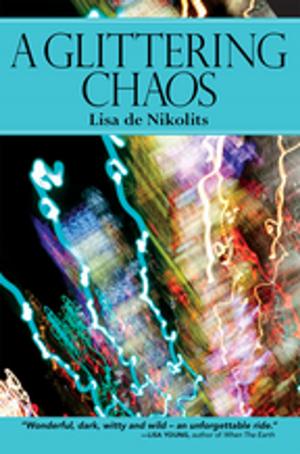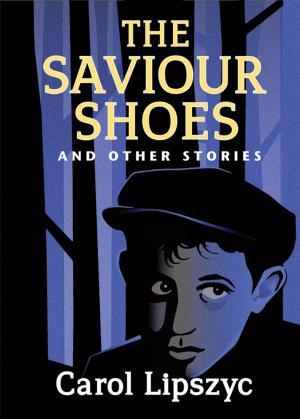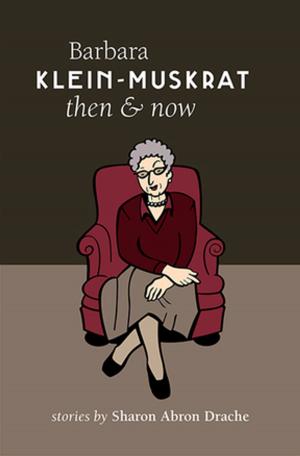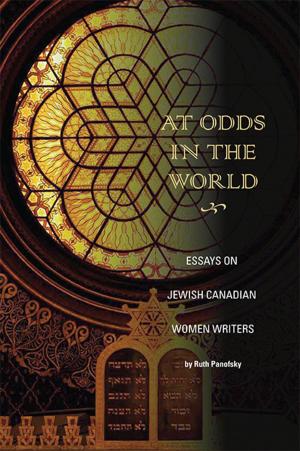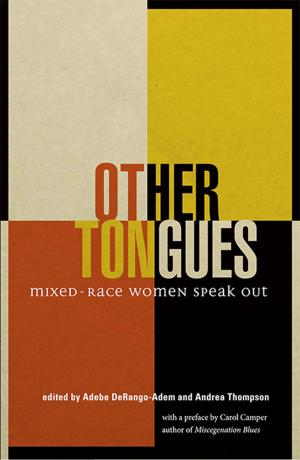And Neither Have I Wings to Fly
Labelled and Locked Up in Canada's Oldest Institution
Nonfiction, Social & Cultural Studies, Social Science, Disability, Gender Studies, Women&| Author: | Thelma Wheatley | ISBN: | 9781926708591 |
| Publisher: | Inanna Publications | Publication: | April 15, 2013 |
| Imprint: | Inanna Publications | Language: | English |
| Author: | Thelma Wheatley |
| ISBN: | 9781926708591 |
| Publisher: | Inanna Publications |
| Publication: | April 15, 2013 |
| Imprint: | Inanna Publications |
| Language: | English |
The shocking true story of the institutionalization and abuse of children and adults with intellectual and physical handicaps in Canada’s oldest provincial institution in Orillia, Ontario. Daisy Lumsden and her family were such victims, along with over ten thousand children, including infants, and adults with intellectual disabilities committed over the last century to the institution now known as Huronia Regional Centre, formerly the Asylum for Idiots and Feeble-Minded. The time frame of the book, 1900-1966, covers the most controversial decades in its history, a time of over-crowding and abuses that reached a crux in the 1950s and 1960s when the inmate population was nearly 3000. Victims of the rising eugenic ideology of the early 1900s that infiltrated Canada from United States and Britain, advocating segregation and involuntary sterilization of the “feeble-minded,” Daisy’s family — uneducated, ignorant, unemployed, incestuous, poor — were easily identifiable as “feeble-minded” and “unfit,” unwittingly caught up in a genetic “survival of the fittest.” But who are the “unfit” in our society? And who decides?
The shocking true story of the institutionalization and abuse of children and adults with intellectual and physical handicaps in Canada’s oldest provincial institution in Orillia, Ontario. Daisy Lumsden and her family were such victims, along with over ten thousand children, including infants, and adults with intellectual disabilities committed over the last century to the institution now known as Huronia Regional Centre, formerly the Asylum for Idiots and Feeble-Minded. The time frame of the book, 1900-1966, covers the most controversial decades in its history, a time of over-crowding and abuses that reached a crux in the 1950s and 1960s when the inmate population was nearly 3000. Victims of the rising eugenic ideology of the early 1900s that infiltrated Canada from United States and Britain, advocating segregation and involuntary sterilization of the “feeble-minded,” Daisy’s family — uneducated, ignorant, unemployed, incestuous, poor — were easily identifiable as “feeble-minded” and “unfit,” unwittingly caught up in a genetic “survival of the fittest.” But who are the “unfit” in our society? And who decides?
